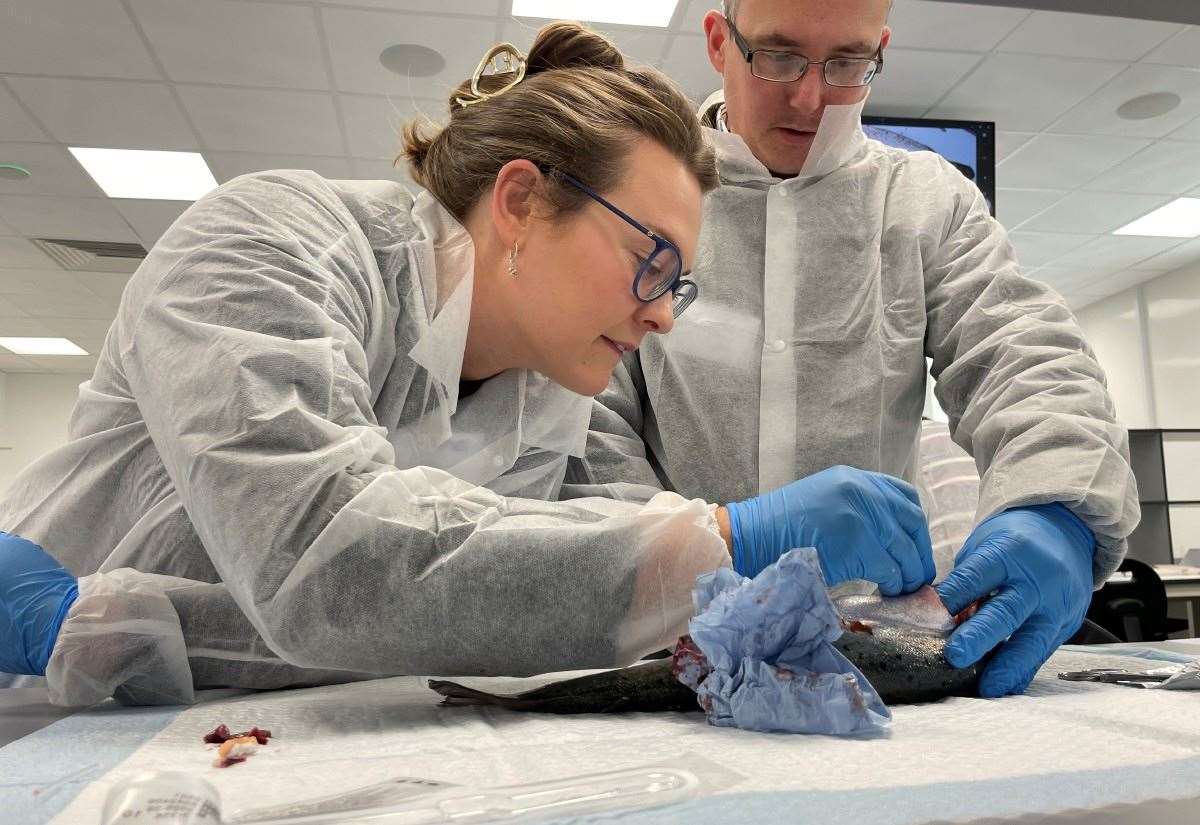The landscape of healthcare is evolving rapidly, driven by advances in genetic testing that are reshaping personalized medicine. This shift moves away from traditional one-size-fits-all treatment approaches, allowing healthcare providers to tailor interventions based on individual genetic profiles. By integrating genetic insights into patient care, the medical community aims to enhance disease diagnosis, treatment efficacy, and preventative measures.
Understanding Personalized Medicine
Personalized medicine focuses on the unique combination of a person’s genes, environment, and lifestyle to influence health outcomes. Unlike conventional medicine, which typically relies on average responses to treatments, personalized medicine utilizes genetic information to inform clinical decisions. For instance, in the field of oncology, genetic profiling enables the identification of specific mutations in tumors. This knowledge facilitates targeted therapies that attack cancer cells while sparing healthy tissues, significantly improving patient outcomes.
The rapid advancement of genetic testing technology has made these insights more accessible to a broader population. As sequencing becomes faster and more affordable, patients no longer need to rely solely on large hospitals or specialized research institutions for genetic information. This democratization of genetic testing is set to transform healthcare, emphasizing precision and proactive care.
The Impact of Genetic Testing on Healthcare
Central to the transformation of healthcare is the ability to analyze and interpret an individual’s DNA. Genetic testing allows healthcare providers to detect mutations, assess disease risk, and predict responses to specific treatments. This capability has become increasingly vital in several areas of medicine, including oncology, cardiology, and rare diseases.
Ensuring the accuracy of genetic tests is paramount. Regulatory bodies such as the U.S. Food and Drug Administration (FDA) and the European Medicines Agency (EMA) oversee the integrity of genetic diagnostics, ensuring patients receive reliable results. Laboratories are required to adhere to strict standards for data handling and interpretation, safeguarding patients from misleading information.
As genetic testing becomes a standard component of healthcare, its applications are vast. From identifying hereditary cancer risks to personalizing drug therapies, this technology is transforming how medical professionals approach treatment.
The next decade holds promise for further advancements in personalized medicine. Emerging technologies like multi-omics, which integrate data from genes, proteins, and metabolites, will enhance our understanding of health. Additionally, the integration of artificial intelligence (AI) will facilitate the analysis of vast genetic datasets, uncovering patterns that may elude human interpretation.
Imagine a future where routine check-ups include genetic scans that can identify potential health issues long before symptoms arise. Such proactive measures could revolutionize chronic disease management, allowing early interventions that significantly improve quality of life.
To achieve this vision, investments in data infrastructure, education, and global policy frameworks will be essential. Ethical guidelines must ensure patient privacy and equitable access to genetic services, particularly in developing regions. Collaboration among governments, research institutions, and the private sector will be crucial in realizing these advancements.
The evolution of personalized medicine is not merely about technology; it represents a fundamental change in the patient experience. By leveraging genetic knowledge to predict, prevent, and personalize care, the healthcare system can become more humane and effective.
In conclusion, the future of personalized medicine is set to redefine modern healthcare through the power of genetics. With the ability to detect risks earlier, customize treatments, and improve outcomes, genetic testing is becoming integral to medical practice. As innovation continues, the focus will remain on making healthcare responsive to individual needs. With appropriate ethical oversight and efforts to enhance accessibility, the benefits of genomics can extend to all, heralding a new era of personalized healthcare.







